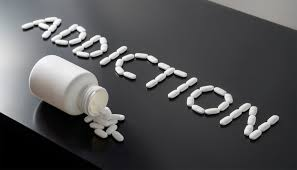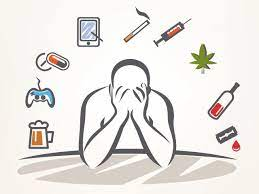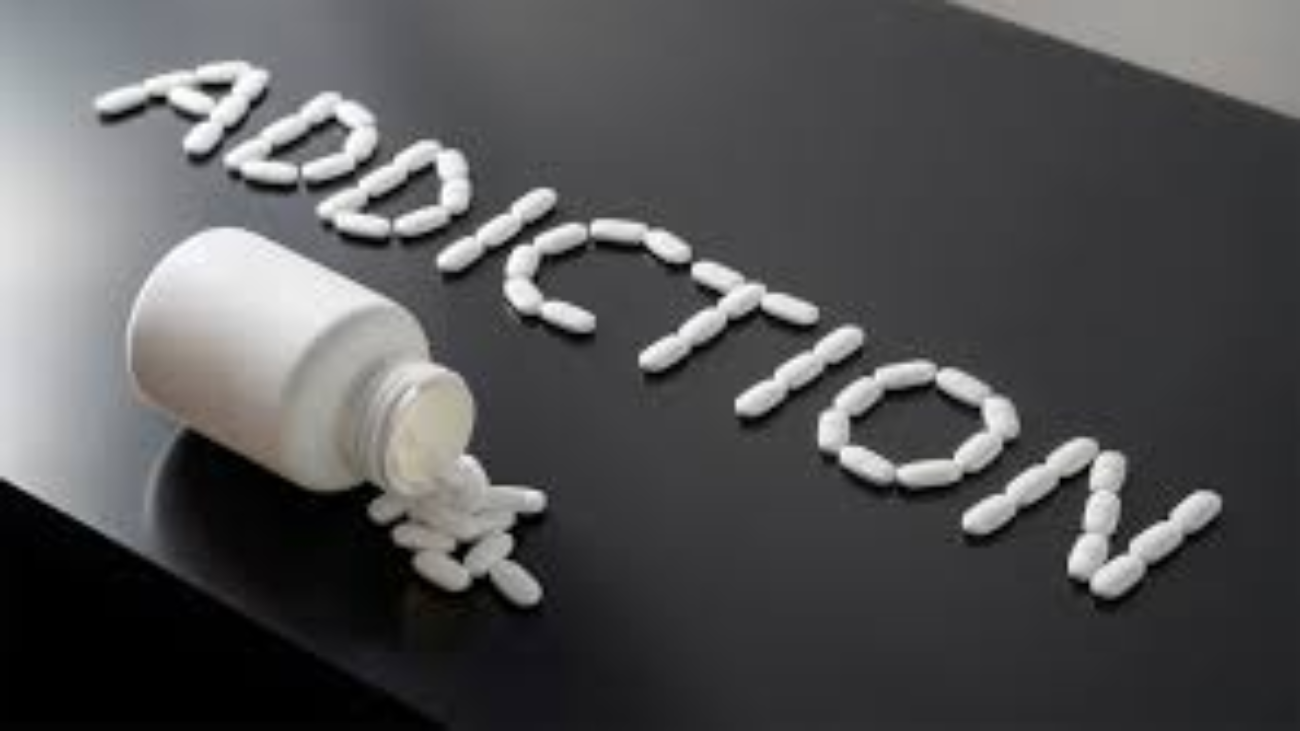WHAT IS ADDICTION?
Addiction is a chronic disorder, (yet treatable) in which a person depends on substances or behaviour that’s dangerous to their wellbeing; both psychologically and physically. It is about how your body craves a substance or behaviour, especially if it causes a compulsive or obsessive quest for “reward” and a lack of concern for the consequences.
Addiction goes beyond substance abuse as commonly known by most people; It ranges from drug abuse and alcoholism to gambling and enforcement of food, medicines, sex, and technology/internet. When a person experiences addiction, they can rarely control how to use a substance or participate in an activity, and they become dependent on their addiction to cope with everyday life.
 Over time, addiction can seriously affect a person’s daily life. People with addictions are subject to cycles of relapse and remission. This means they can alternate between heavy and light use. Despite these cycles, addiction will generally get worse over time. They can lead to permanent health complications and serious consequences like bankruptcy.
Over time, addiction can seriously affect a person’s daily life. People with addictions are subject to cycles of relapse and remission. This means they can alternate between heavy and light use. Despite these cycles, addiction will generally get worse over time. They can lead to permanent health complications and serious consequences like bankruptcy.
Researchers believe that addiction is not based on a single cause, but rather depends on many factors that work together. The most common causes of addiction include:
- Environmental factors: Individuals born into families where addiction is rampant are more likely to develop substance use disorder. Also, a person who began to abuse drugs in childhood is more likely to develop an addiction later in life.
- Heredity: It is unknown which gene is responsible, but addiction is known to have a genetic component. Individuals with a family history of poisoning by close relatives, especially, are more likely to develop their own addictions.
- Brain Chemistry: Researchers believe that some people are born lacking adequate amounts of pleasure-related neurotransmitters. In response to this congenital deficiency, some individuals may turn to pleasure-inducing drugs.
- Psychology: Many people suffer from a lack of treatment or an undiagnosed mental illness. These people may turn to substance abuse as a means to self-treat symptoms of mental illness.
Recognizing the signs of addiction is the first step towards getting help and leading those concerned about rehabilitation. Therefore, it is important to understand the signs of poisoning.
- People who are suffering from addiction tend to have mood swings constantly. They can be happy one minute and switch to being angry the next minute
- Poor judgement is another sign of addiction
- Addiction, example people who are addicted to drugs tend to be secretive and put on a dishonest behaviour sometimes
- Another sign of addiction is a disrupted sleep pattern
- People who are addicted also do have financial problems most often than not
- Denial is a sign of addiction that makes the individual refuse to accept he or she is addicted
- There is a loss of interest in activities or people that used to be part of their lives
- Someone who may be suffering from addiction tends to blame his addiction on someone or some event
- A sign of addiction is being defensive
- There is a loss of control over the amount and frequency of use despite the adverse principles on one’s health. A person with addiction won’t stop their behaviour, even if they recognize the problems the addiction is causing. In some cases, they’ll also display a lack of control, like using more than intended.

EFFECTS OF ADDICTION?
There are two types of addiction merely (chemical and behavioural addiction).
- Chemical Addiction: This type of addiction involves the use of substances such as alcoholism, smoking, and drug abuse among others.
- Behavioural Addiction: This type of addiction involves compulsive behaviours. These are persistent, repeated behaviours that one carries out even if they don’t offer any real benefit.
Some of the more common addictive issues:
- Internet addiction
- Drug addiction
- Alcohol addiction
- Gambling addiction
- Social media addiction
- Cell phone addiction
- Shopping addiction
- Food addiction
- Sex and Pornography addiction
- T.V. Addiction
EFFECTS OF ADDICTION
- Impact on family (such as lost trust)
- Social isolation
- Denial that there is a problem
- Discomfort and distress if not able to engage in the behaviour
- Depression, anxiety paranoia, depression, anxiety, aggression, hallucinations, and other problems
- Financial problems
- Instability
- Feeling drained from constant preoccupation with behaviour
- Interference in work performance
TREATMENT
There are many different treatments that can help you during the process of overcoming an addiction, including medical and psychological treatments. Treatment may include:
- Medication-based treatment
- Behavioural therapy and counselling
- Medical devices to treat withdrawal
- Treating related psychological factors, such as depression
- Ongoing care to reduce the risk of relapse.

